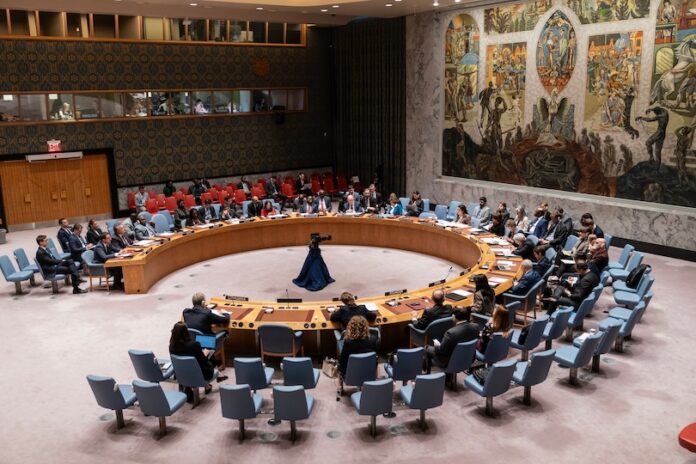The United Nations (UN), a beacon of hope and unity after World War II, was founded with the noble aim of preventing another global conflict and maintaining international peace and security. In 1945, representatives from 50 nations gathered in San Francisco to draft and sign the UN Charter, officially establishing the organization in the hopes of ensuring a more peaceful future. Today, the UN finds itself at a critical juncture. Despite its many achievements, including its humanitarian efforts and sustainable development goals, the organization’s ability to fulfill its original mission is increasingly questioned due to structural shortcomings, particularly the disproportionate influence of the five permanent members of the Security Council. To address these challenges, a fairer global order—one where every state has an equal voice in decision-making—could provide a much-needed solution. A system based on equality and collective cooperation would allow for more effective global governance, preventing the dominance and hegemony of a few powerful nations and ensuring that international peace and security are pursued for the benefit of all.
The Security Council, one of the six main organs of the United Nations, was entrusted with the primary responsibility for maintaining international peace and security as outlined in the UN Charter. Its mandate empowers it to take decisive action in times of conflict, including investigating disputes, mediating peace agreements, and, if necessary, imposing sanctions or authorizing military interventions. However, despite this significant authority, the veto power held by its five permanent members—China, France, Russia, the United Kingdom, and the United States—has led to frequent deadlock, preventing effective responses to global crises.
As António Guterres, the Secretary-General of the United Nations, noted during the 2024 Summit of the Future, “The United Nations Security Council is outdated, and its authority is eroding.” He stressed that without reforming its composition and working methods, the Security Council “will eventually lose all credibility.” This highlights the urgent need to address the veto power of the permanent members and ensure that the Security Council reflects the realities of today’s global challenges.While the veto was originally intended to prevent unilateral actions by any single nation, it has often paralyzed the Security Council, stalling progress on critical issues. This dysfunction is particularly evident in conflicts like Syria and




